Here is Stéphanie's moving MotherStory. After a rather serene pregnancy, Stéphanie had to face the terrible news of her baby's rare disease. Several months of investigation were needed to make the diagnosis, a difficult period punctuated by tests, waiting, anxiety, loss of reference points, fear and self-forgetfulness... Today, her baby O.'s health is improving, but Stéphanie remembers with emotion and wishes to pass on her strength to all families faced with the disease.
This story was supported by KeeKoo, a brand of Swiss diapers that are ultra-soft, healthy and eco-responsible.
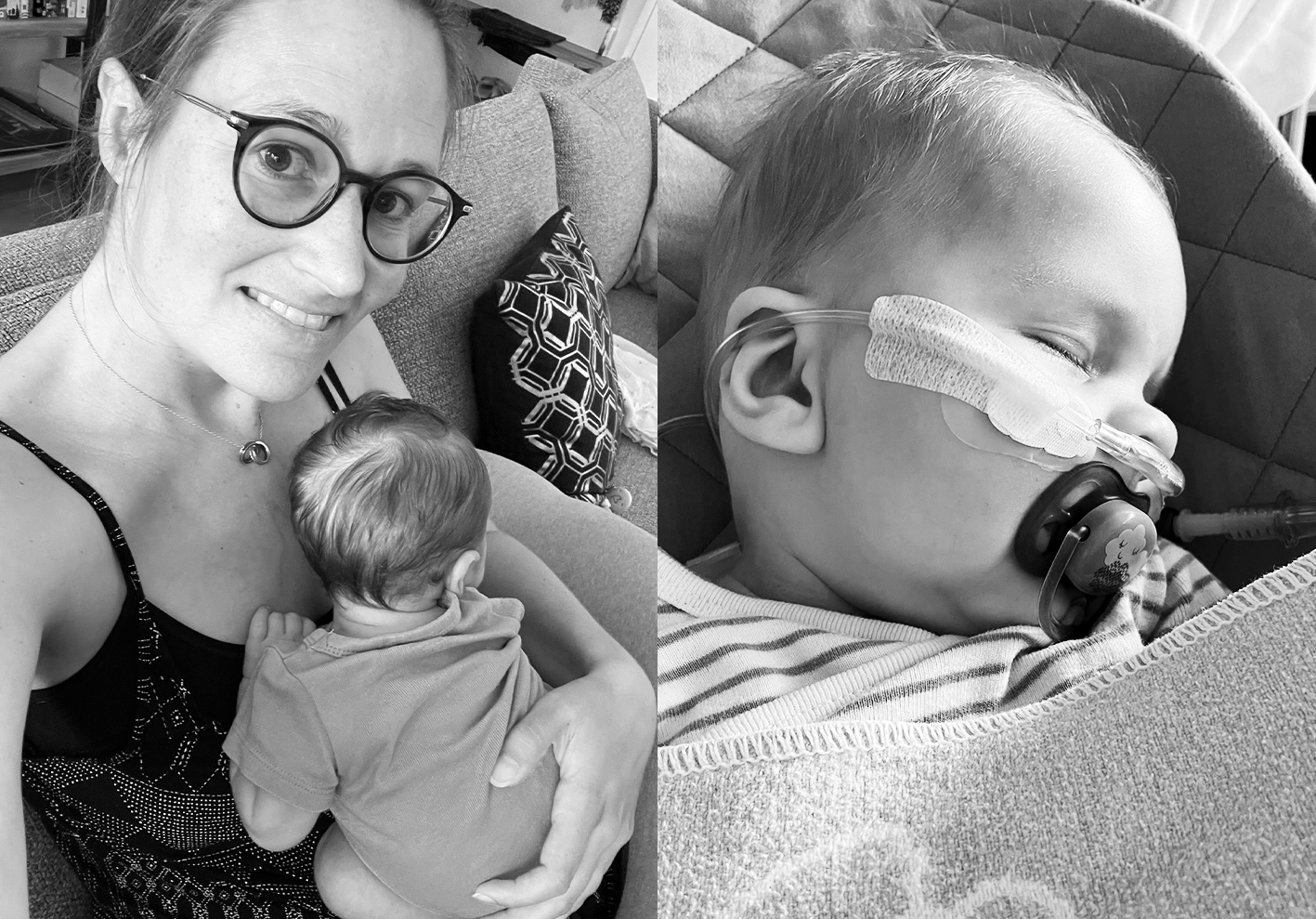
Can you introduce yourself in a few words?
My name is Stéphanie, and I'm the mother of O., who is 2.5 years old and suffers from a rare disease called endocrine cell hyperplasia. I live in Prangins with his dad.
Can you tell us about your pregnancy and birth?
I spent my pregnancy in Zurich, and it went quite well, although I had some backache and nausea in the first trimester. The birth was no picnic, with a caesarean section in the end. O. was born at full term and was doing well. And the first 3 months at home went well.
Your child was born with a rare pathology. Can you tell us how and when you discovered it?
Around the age of 3 months, I noticed that O. sometimes breathed in a strange way. Episodically, he seemed out of breath and had a bit of trouble feeding. At this age, children normally start to lie on their stomachs, and for O., this wasn't the case. He was breathing hard and not well. He had a strong "draft" in his throat, a "hole" formed in his throat when he breathed. He also had this in his ribs, like bronchiolitis.
Then, when O. was 5 months old, I saw my pediatrician. That day, she didn't see anything because he was fine. After a few days in Portugal, I contacted her again on my way home. She told me to film O. during these episodes. I went back to see her one day when he was breathing heavily. And when she saw him, she panicked and immediately wanted to call an ambulance. So my husband and I went to the hospital in Zurich.
After weeks of research, which were the longest and most agonizing of my life, the diagnosis was made: O. has infant neuroendocrine cell hyperplasia. People are naturally born with these cells, which is why he was fine at birth. Then, around 3.5 - 4 months, these cells normally disappear. But in O.'s case, they remained. Why did they stay? Do we know? It's a rare pathology that's difficult to diagnose. There are around 3 to 4 cases in 1 million births. A priori, it's not genetic. There is very little data on this pathology in Switzerland.
The good news is that, over time, these cells tend to disappear.
The diagnosis wasn't made immediately in Zürich, but your 6th sense as a mother told you that something was wrong. Can you tell us about it?
Yes, after 4 days in hospital in Zürich, the doctors sent us home and told us that everything was fine, that his lungs were fine, his heart too, and that he certainly had gastric reflux. So we went home with medication, but O. wasn't getting any better.
That's when I started to panic, I could feel that something was wrong. So I activated my network, calling doctor friends and sending them the videos. They advised me to get another opinion.
One morning, O. was so unwell that we decided to rush him to Geneva's HUG, renowned for its pneumology department. There, the welcome was optimal! The nurses were exceptional! They listened to us and took care of us right away!
On November 12, 2021, after several weeks of tests, the diagnosis was made.
There were a lot of tests. An initial ultrasound of the heart, then a nasoscopy to see the esophagus, followed by a lung X-ray. And to go further, a CT scan of the lungs and a bronchoscopy to analyze bronchial secretions.
I'll remember the date November 12, 2021 for the rest of my life. On that day, the full diagnosis was not made, but the CT scan showed spots, a sign of lung pathology, without knowing which. We were therefore told that O. had a serious illness.
My first question was whether he could die from it, and the doctors didn't know the answer. Then my world fell apart. I didn't know my name anymore. I felt like throwing myself and my baby out of the window. Today, I talk about it with detachment, but I've done a lot of work on myself to be able to talk about it without crying.
In all, we were in hospital for just over a month to identify that O. had infant neuroendocrine cell hyperplasia.
After the diagnosis, how were you cared for?
It was very hard because it took a long time to make the diagnosis. What's more, O. didn't take the bronchoscopy well, so we had to spend a few days in intensive care. Everything was violent, and these are times when you forget all about yourself: you don't eat, you don't sleep. And then we were very young parents, with a lot of fatigue accumulated between pregnancy and birth. Our first experience of parenthood was a shock for both of us. My husband and I alternated nights at the hospital. My mother didn't live far away, so we were able to go to her house for a while. We also went to the McDonald House, a foundation created by McDonald's to welcome parents of sick children, close to hospitals.
When you went home, what was your day-to-day care like? And what about today?
Treatment consists of oxygen therapy. In fact, these neuroendocrine cells interfere with gas exchange in the lung, making it difficult to breathe. At the start of treatment, O. needed oxygen during the day, and especially at night.
Coming home was another shock. We had to become real little nurses. We constantly monitored his blood oxygen level by putting a saturometer on his foot. The hardest part was coming home with 2 oxygen machines, one for the house and a smaller one to take with us. We felt very much on our own, so we managed on our own. But we kept in mind that this disease normally evolves for the better, and that, in time, a full recovery was possible. That was the glimmer of hope we clung to.
O. needed oxygen every night or so, until last summer (summer 2023). Today, he needs it much less and breathes much better. A cold, however, remains a complicated matter, as he is much more sensitive to it than any other child.
At present, O. is followed up by the pulmonologist every 3 months.
Today, 2 years later, we're happy, the news is very good and O. is doing much better. The latest scan showed that the lesions had practically disappeared, a minor miracle! The doctors were aiming for 5 to 6 years to achieve this result. O. is now 2.5 years old, so we're very happy.
How did you and your husband manage during the months of examinations and hospitalization? Were you still on maternity leave? Did you stop working?
At the time, I wasn't working, but I was in the process of recruiting with several companies. It was hard, but I stopped everything because I couldn't work, I just wanted to look after my baby, I couldn't think about anything else.
For 1 year now, about 8 months after my diagnosis, I've gone back to work at 60%, a lot of it from home, which means I can be with him a lot. I'm glad I went back to work, it saved me! I really needed to think about something else, to take my mind off things.
My husband was working. We were lucky, as his company, based in Zurich, was very understanding. They agreed to our relocation to Geneva, and gave him the time he needed while we were in hospital.
After your diagnosis, what life changes did you have to make?
Following our diagnosis, we decided to move back to Geneva. Today, we both work. My husband goes to Zurich 2 days a week. Coming back to Geneva has also enabled us to be closer to our families.
You had originally planned to send O. to a day nursery in Zurich. Why did you decide against it?
The doctors told us that life in a day-care center was not recommended. Typically, bronchiolitis was very dangerous for O. So we cancelled his nursery registration. Taking on a nanny at home was a good decision and helped him get better, faster. O. was in a protective bubble for 2 years. In addition to his illness, he was very little sick.
Throughout the process, how did you cope emotionally? And who did you turn to for support?
I still ask myself that question today! In fact, in these situations, you don't have a choice, you're in survival mode and on automatic pilot. I feel like I was completely out of my body at the time. I wasn't eating. I thought I wouldn't make it through the ordeal. I cried a lot, and had very dark thoughts like " I'm going to take my child and throw myself out of the window ". But my husband was extraordinary, he helped me a lot, and I was very well supported by my family, my friends and my mother.
I didn't feel the need to turn to any associations. On the other hand, I needed to be close to the doctors and to talk regularly with our pneumologist. I also talked a lot with the mother of a little girl followed by our pneumologist for the same pathology! It did me a world of good to be able to talk to her. As we were going through the same thing, I felt less alone.
What advice would you give to a mum/dad faced with a pathology in their baby/child?
When you're in a rush, working 100% and devoted to your child, you don't have much time for yourself. But it's important not to forget yourself, to work and do other things on the side. It's all about finding a balance. It's not easy, but it's important.
But above all, we discover unsuspected strengths! That's my message to parents who are going through these moments: Man is very strong! When you don't have a choice, you still manage to adapt and move forward. And we get up again!
We also have the right to be sad, to cry, to scream, to have very dark days, to not feel well, it's all part of the process. Some days, I cried all day, and that's OK! After that, you have to get out of bed to take care of your baby. That gives you a goal and, what also helps, is to take each day one at a time.
Finally, it's important to talk to other parents in the same situation. When you're in the tunnel, it feels like you'll never get out, but you do! And sharing is good for you! That's why I'm taking part in this interview. Parents, don't hesitate to contact me if you feel the need!
I needed to talk a lot, my husband much less. You have to listen to yourself, take your time, and accept things as they come.
Not many people know this, but since 2020, there has been a scheme called "aide pour le proche aidant", which allows an employed parent to be with their child while receiving absence pay. The employer makes the request via a form completed by the doctor. And I was able to benefit from it even when I was unemployed.
What can we wish you today for tomorrow? How do you see the future? Do you have any plans to expand the family?
Today, O. is better, we're happy. The illness is getting better faster than we'd hoped. So we're thinking about a little brother or sister. Of course, we're a little apprehensive - having a healthy child is truly a small miracle - but we're determined to move forward. It's been very hard emotionally, but we're moving forward! That's what life's all about!


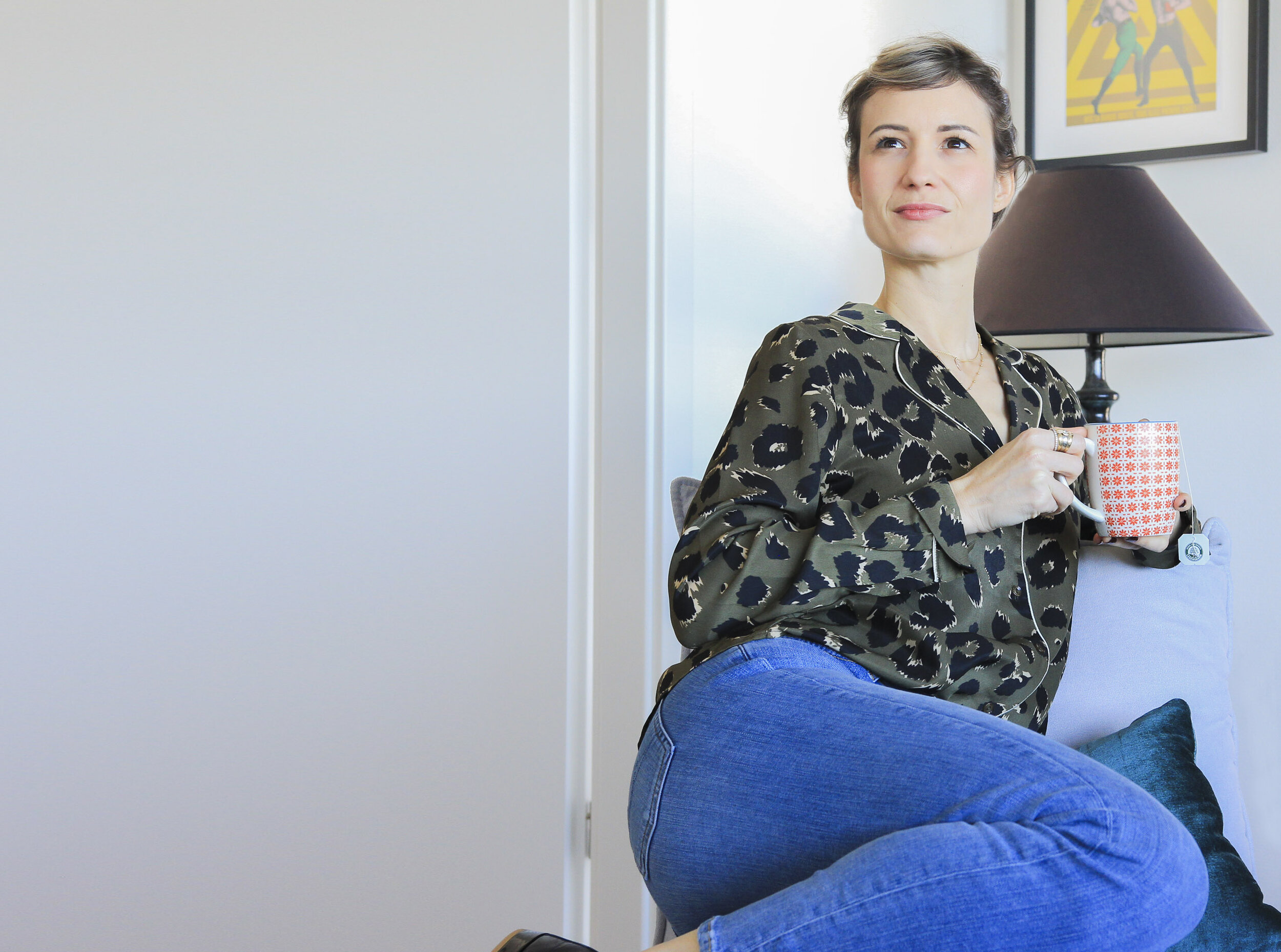
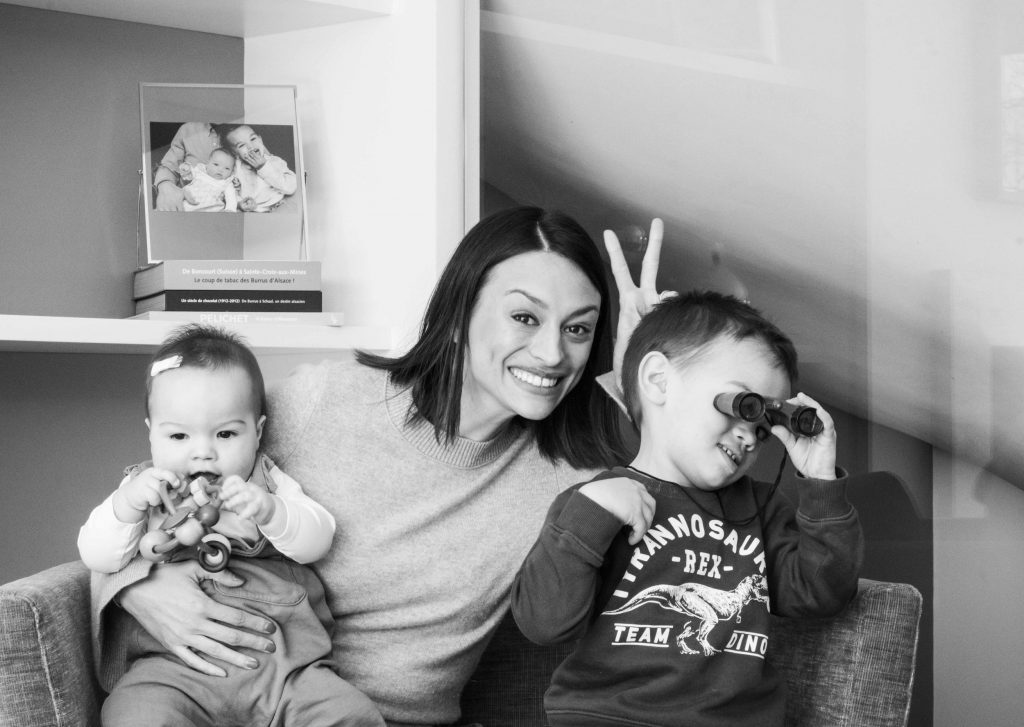
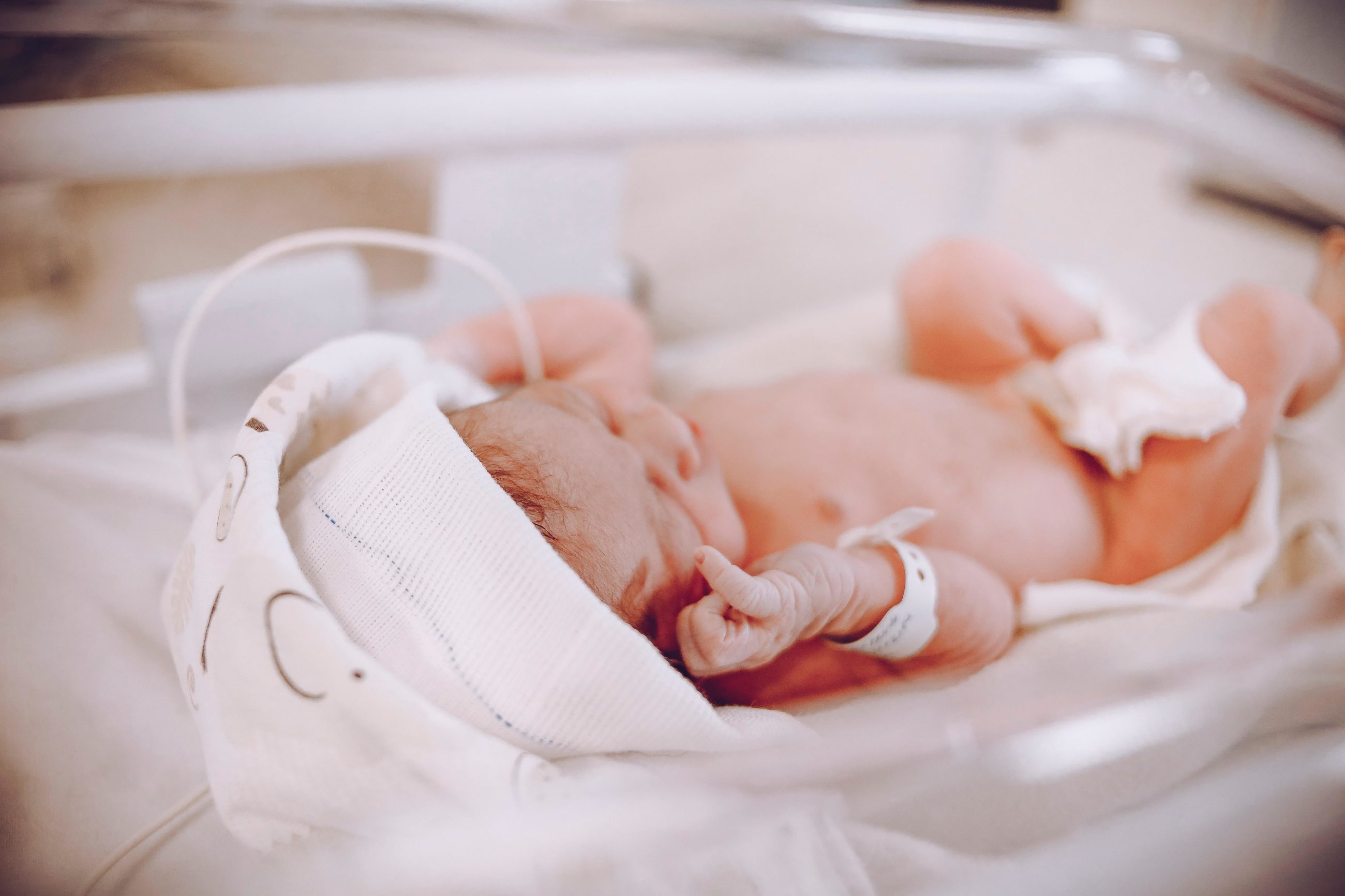
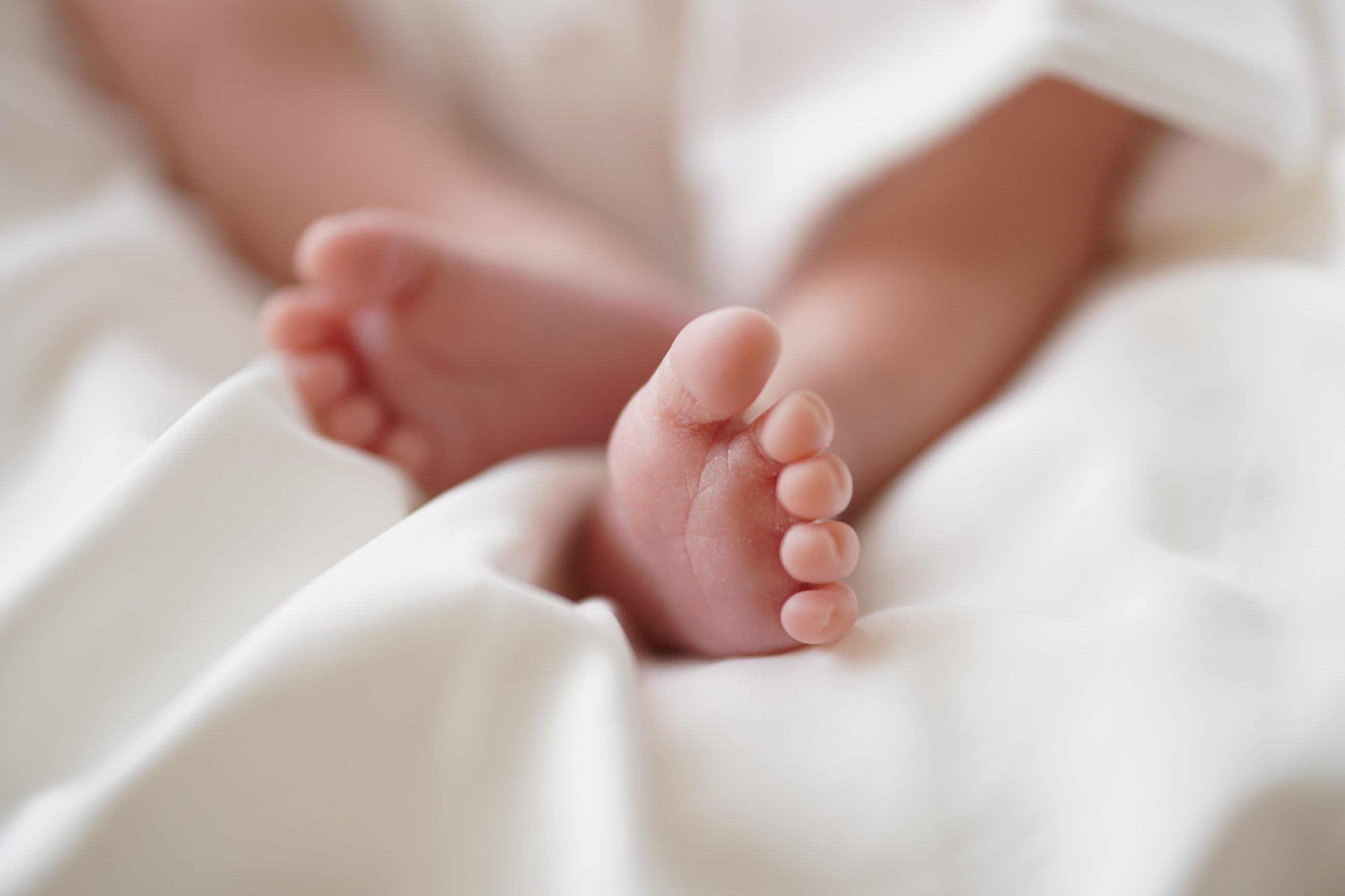
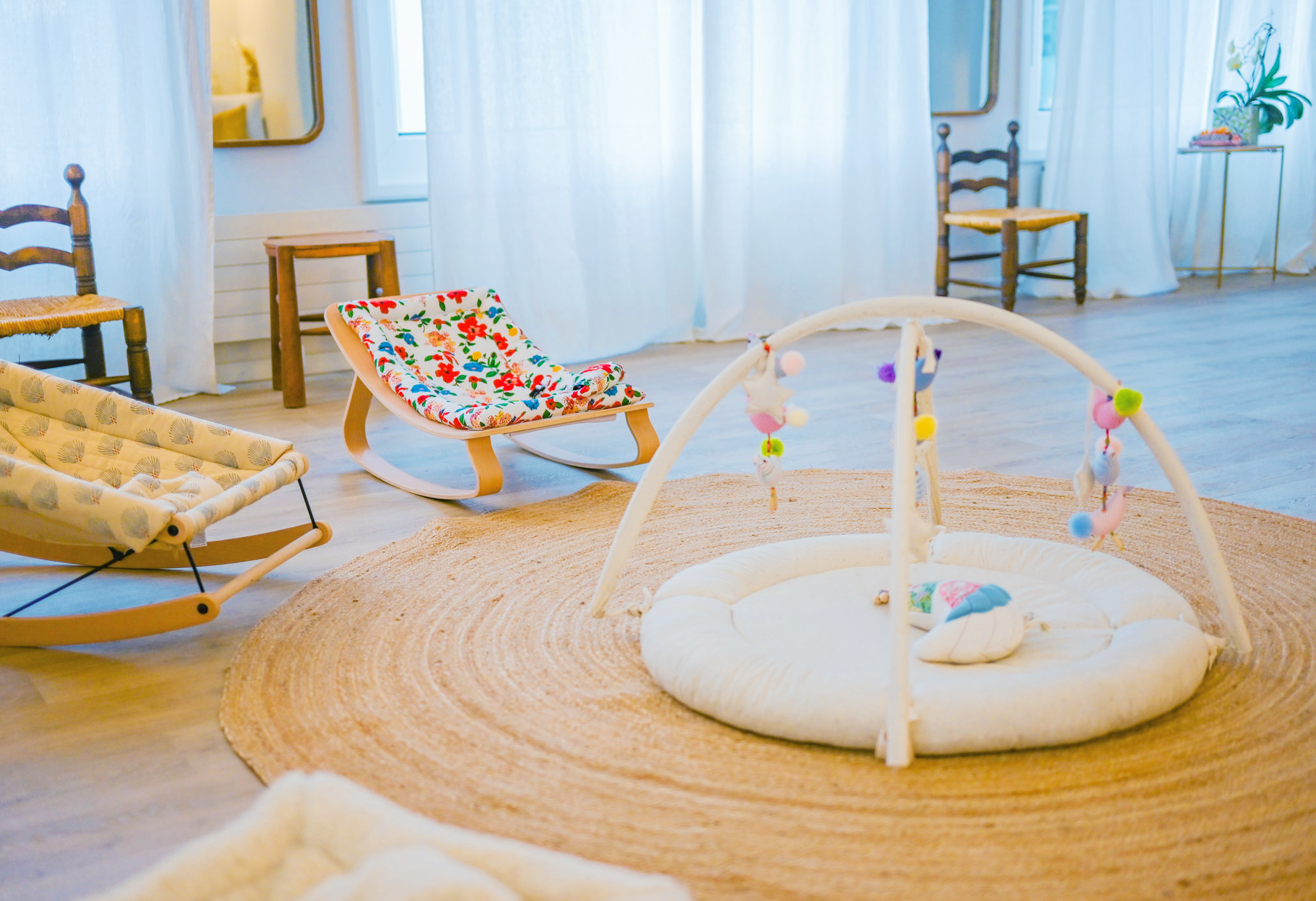
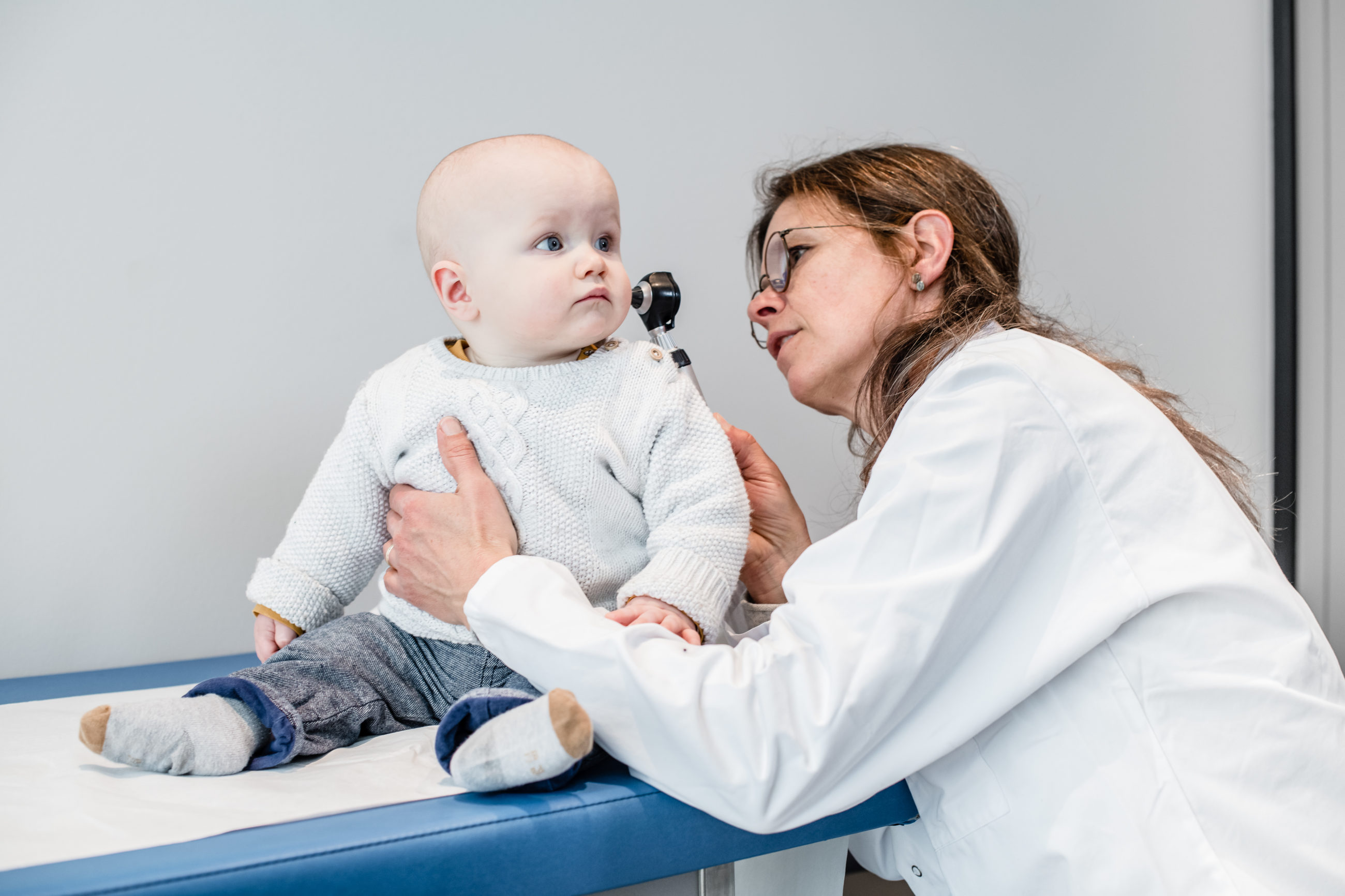
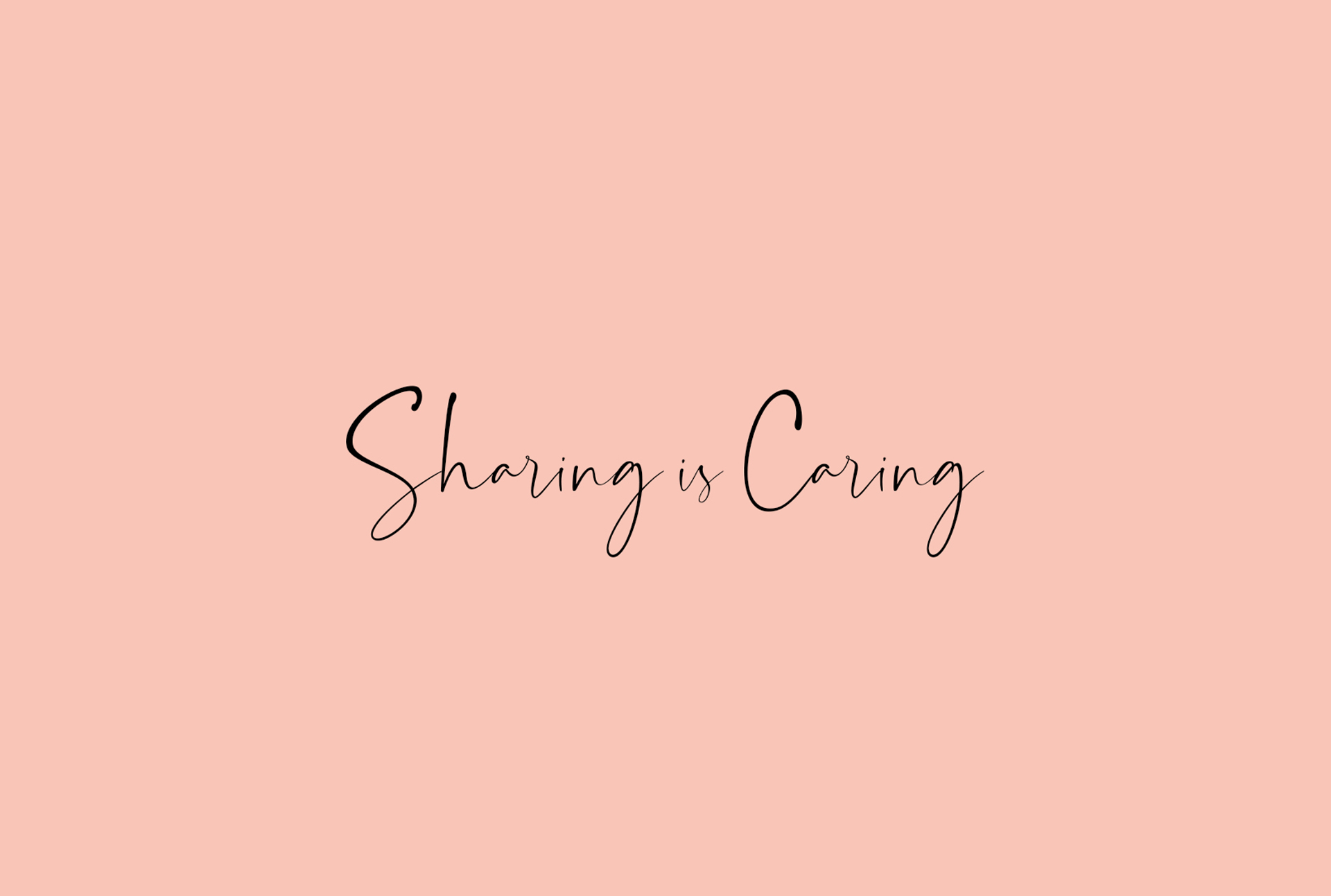
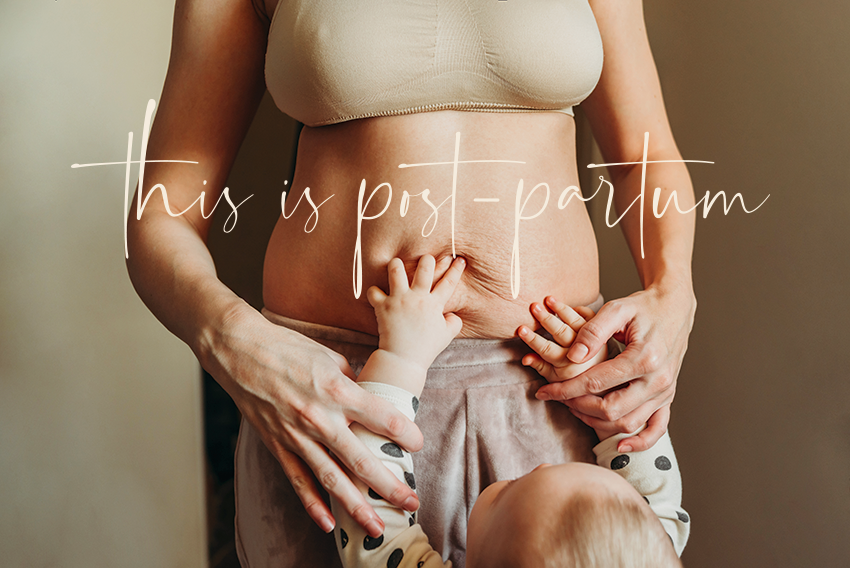

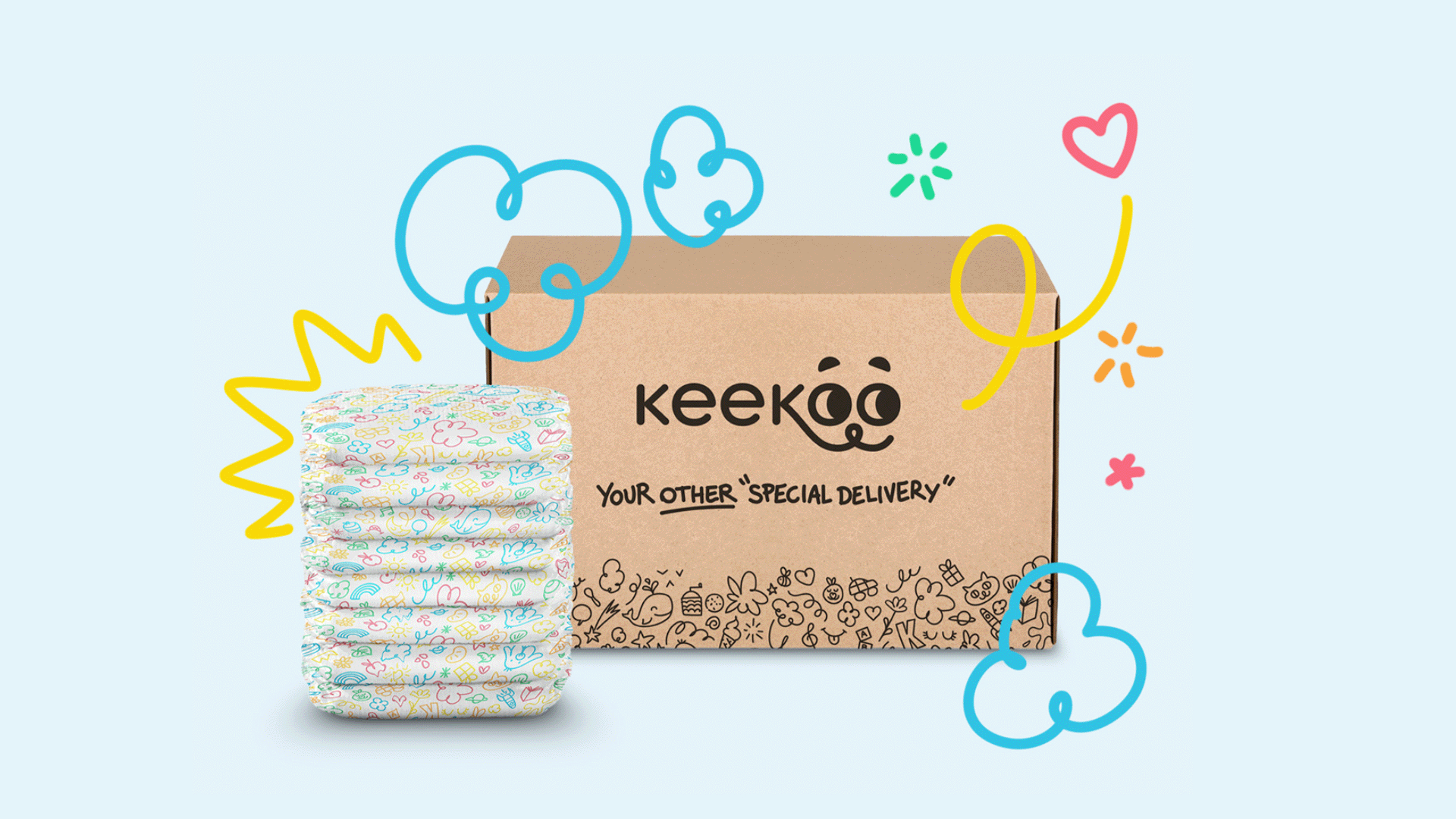
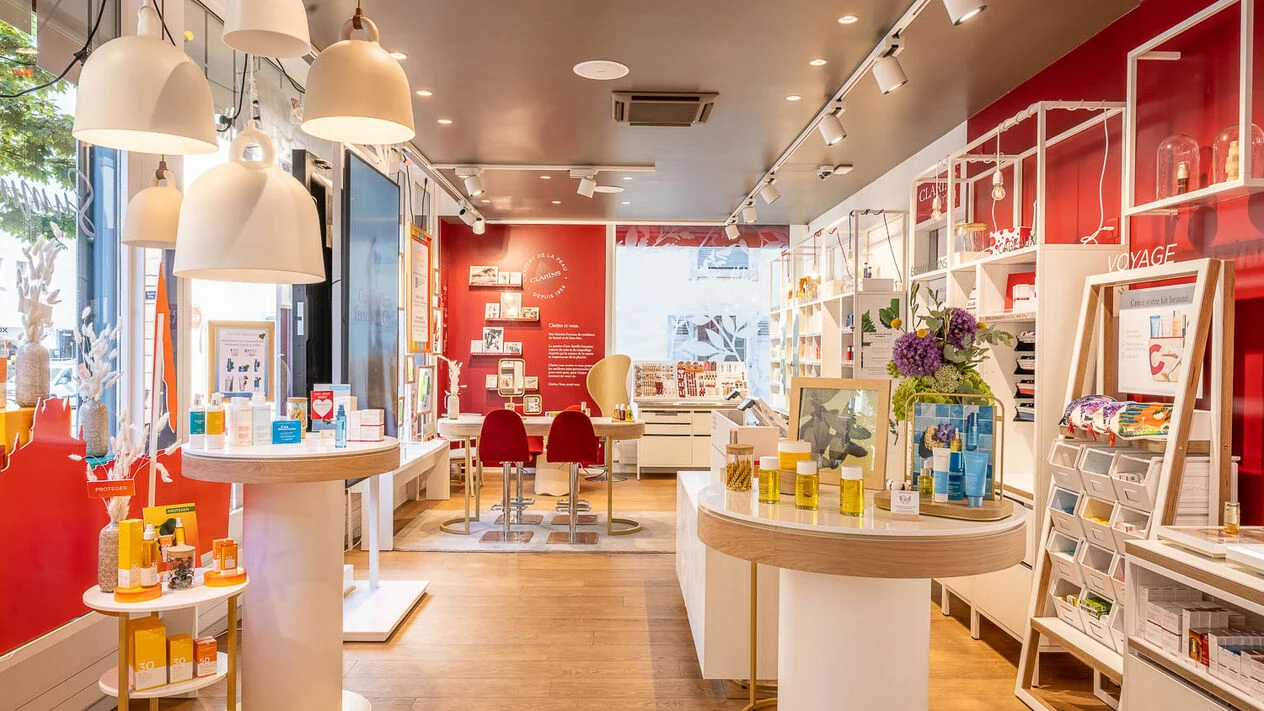
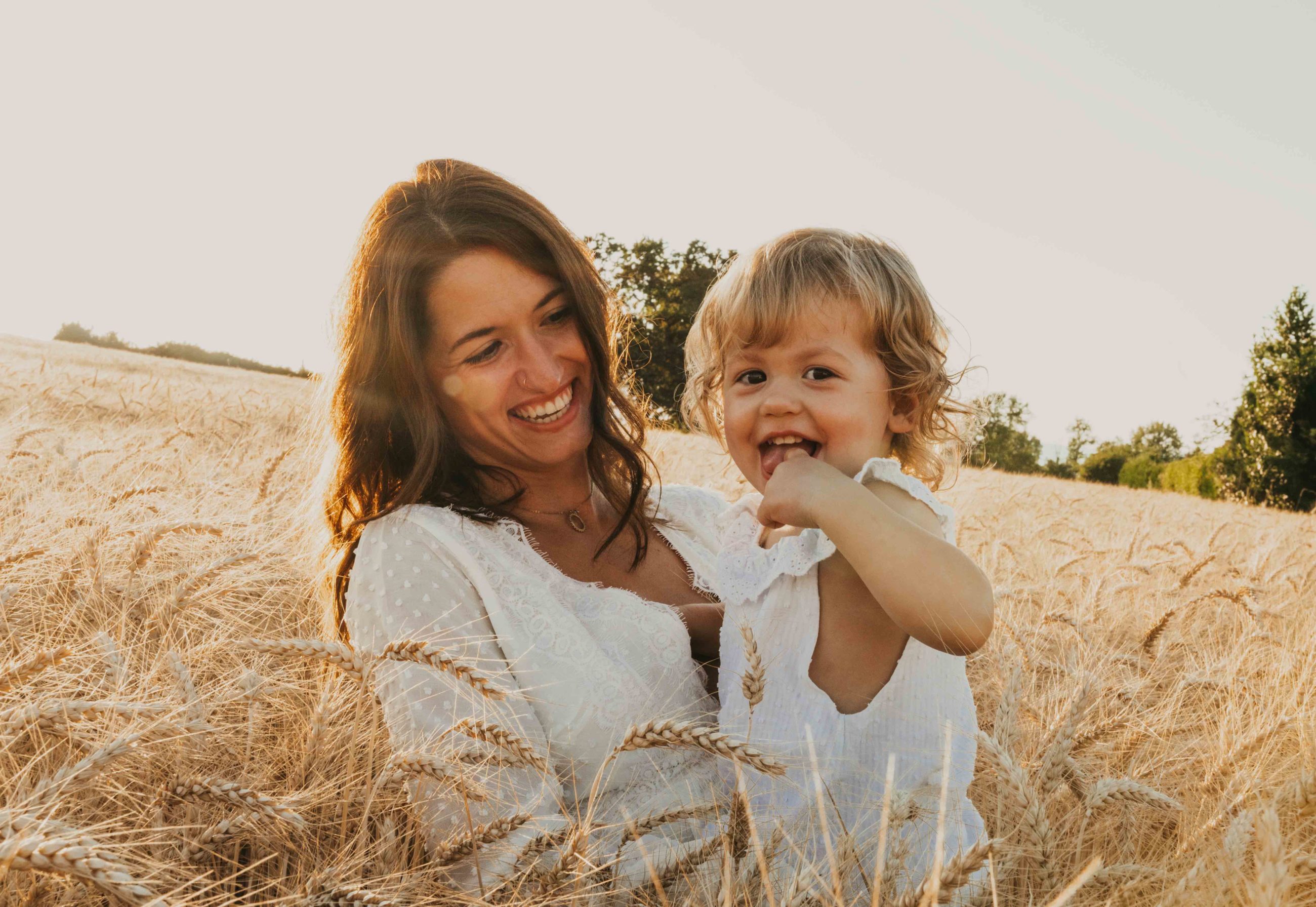
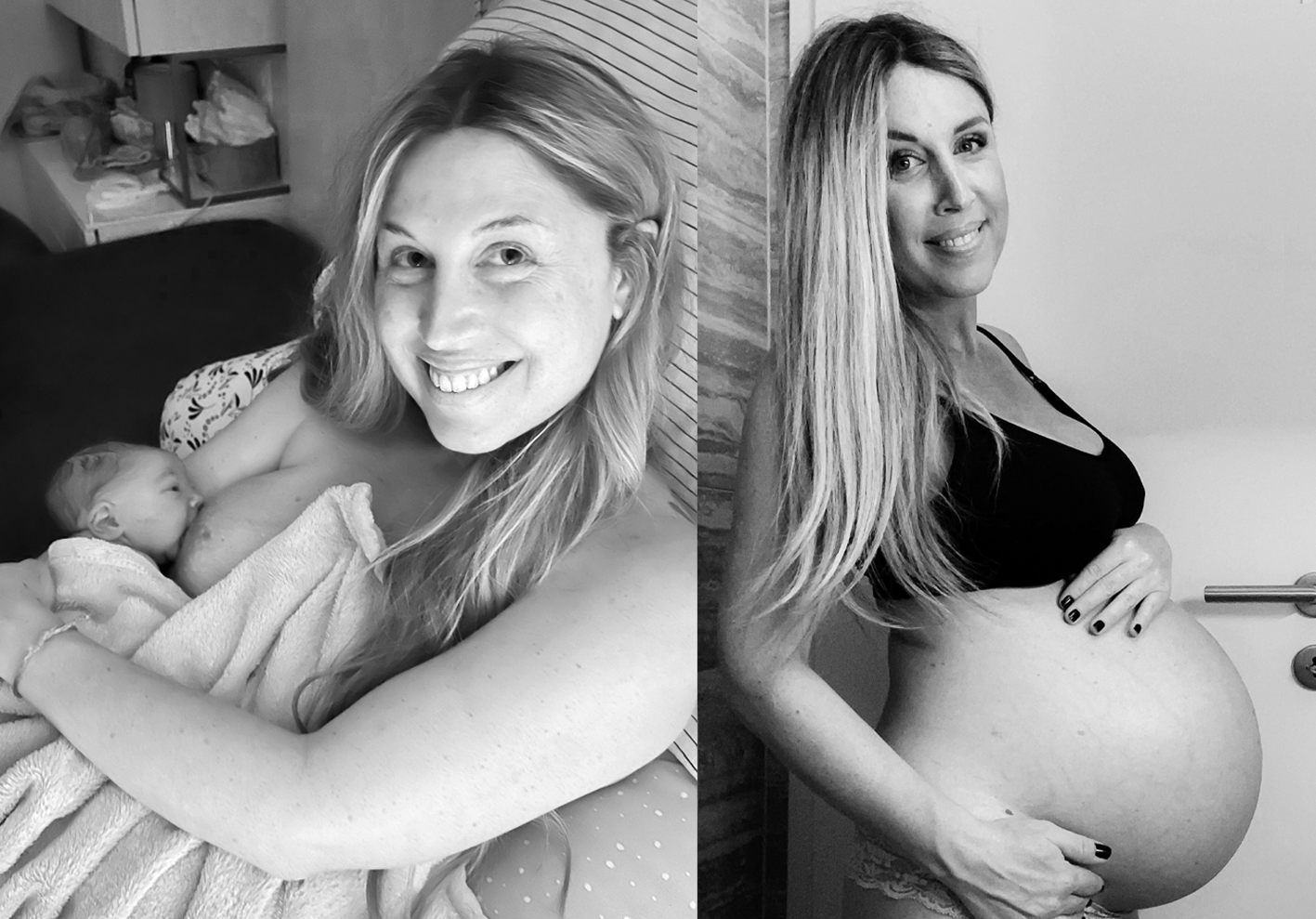
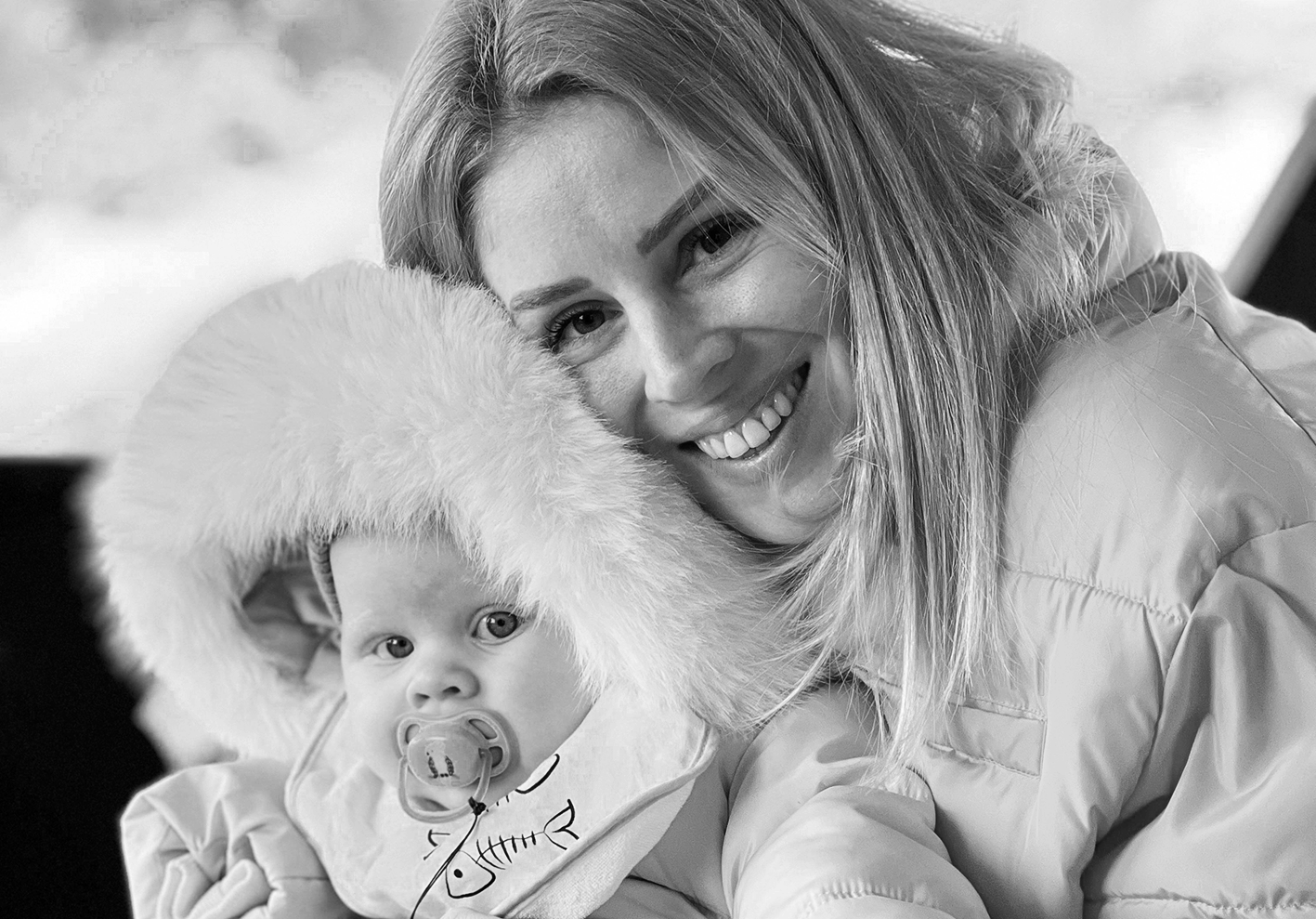
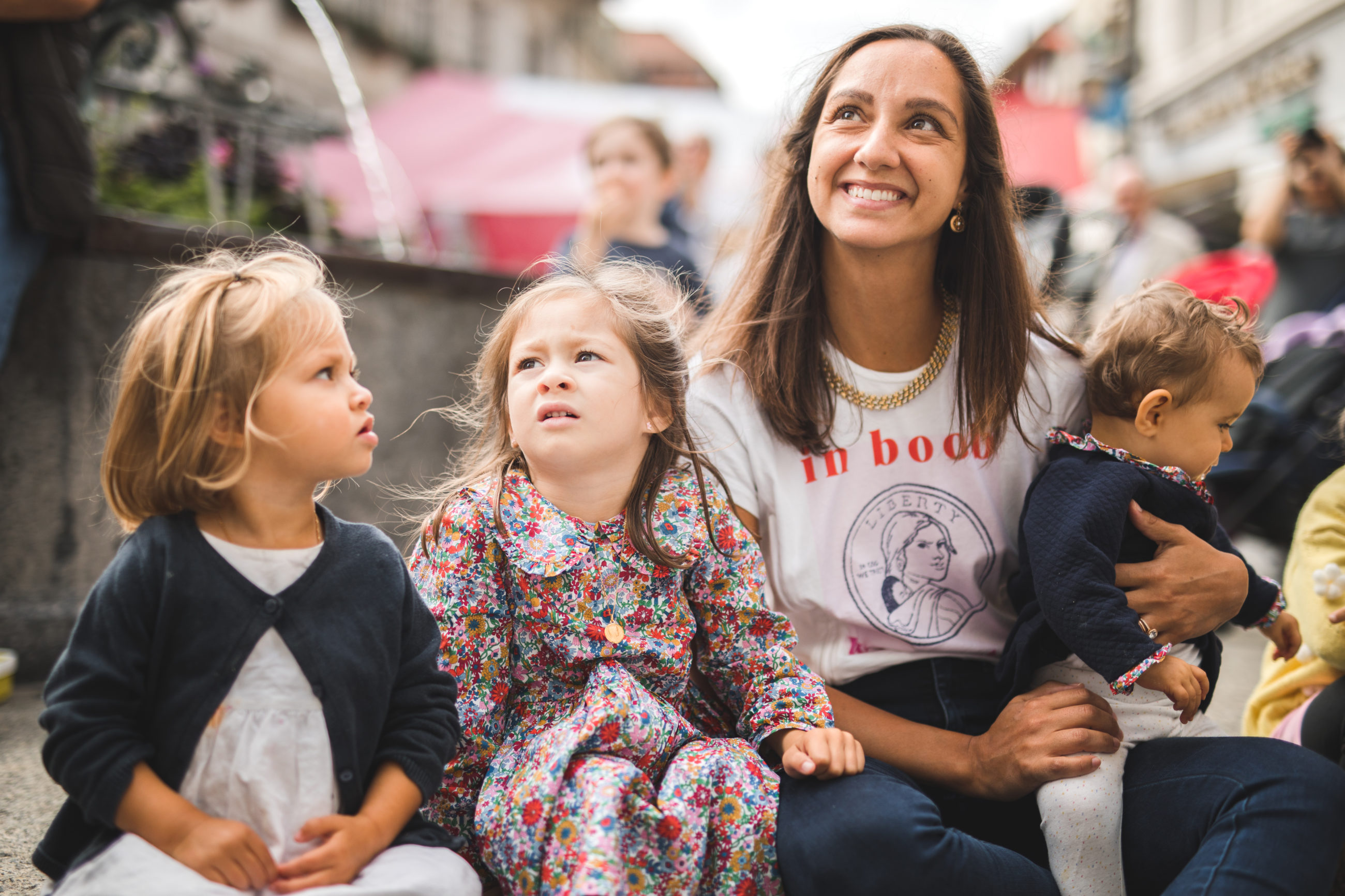


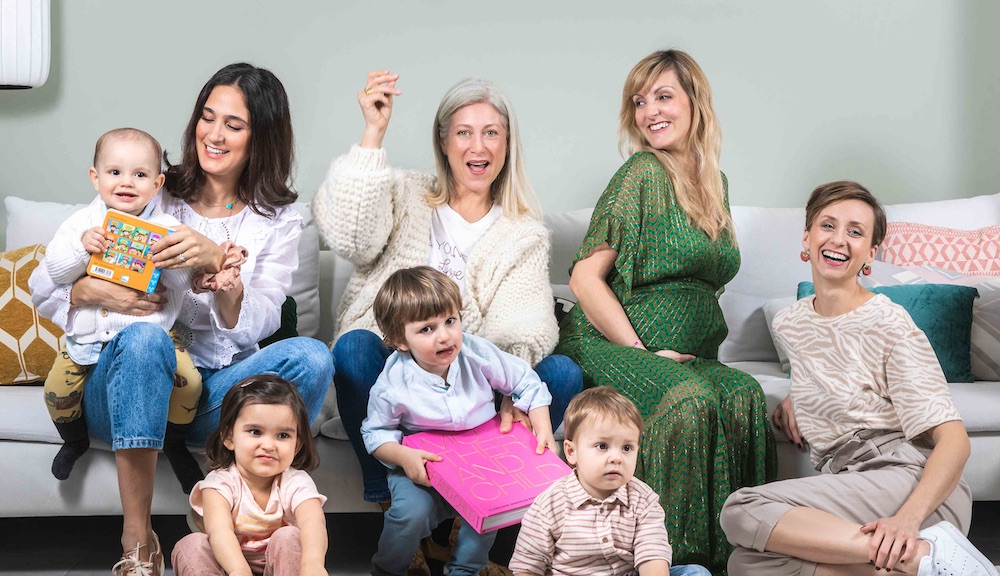


Share this article